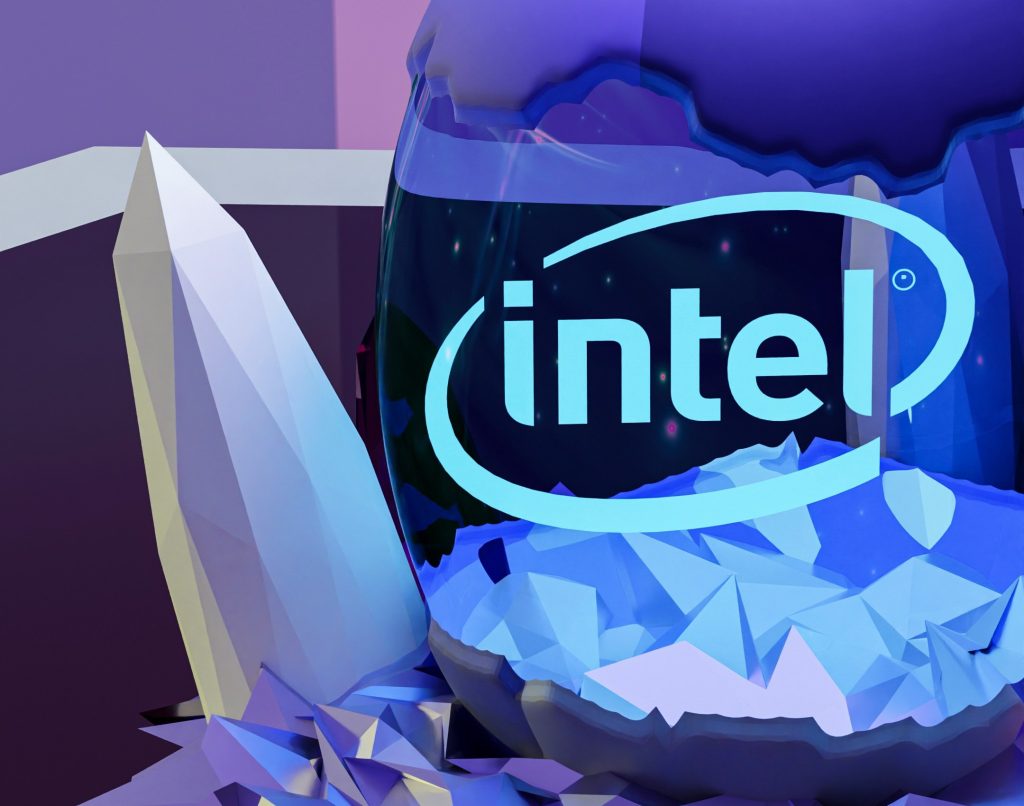How the chip giant missed a big opportunity

In the fast-paced world of technology, missing the next big thing can be costly. For Intel, the semiconductor titan that once reigned supreme in the computer age, one such moment came and went quietly between 2017 and 2018. It was then that the company declined an opportunity that, in hindsight, appears to have been a golden ticket to the AI revolution.
Recent reports reveal that Intel had the chance to acquire a 15% stake in OpenAI for $1 billion, with the potential for an additional 15% stake in exchange for producing hardware at cost. At the time, OpenAI was a fledgling non-profit focused on the then-obscure field of generative AI. Under CEO Bob Swan’s leadership, Intel ultimately passed on the deal, unconvinced that generative AI would yield near-term returns.
This decision reflects a broader challenge established tech giants face: balancing short-term financial considerations with long-term strategic investments in emerging technologies. Intel’s choice to prioritize immediate returns over the potential of generative AI showcases a cautious approach that may have cost it dearly in the long run.
Fast forward to 2024, and the consequences of that decision are stark. OpenAI, now valued at around $80 billion, has become a driving force behind the AI revolution with its ChatGPT platform. Meanwhile, Intel is playing catch-up in the AI chip market, dwarfed by rival Nvidia’s $2.6 trillion market cap and struggling to maintain relevance in an industry it once dominated.
This missed opportunity is not an isolated incident for Intel. The company declined to produce processors for Apple’s iPhone, closing the door on Intel’s entry into the mobile computing era. These missteps paint a picture of a once-innovative giant that has lost its ability to foresee and capitalize on transformative technologies.
Intel’s journey from industry leader to AI laggard is reflected in its recent financial performance. The company’s market value has dipped below $100 billion for the first time in 30 years, and it recently announced plans to cut over 15% of its workforce following disappointing earnings. While Intel aims to launch its third-generation Gaudi AI chip later this year, it remains to be seen whether this will be enough to regain ground in the fiercely competitive AI hardware market.
The OpenAI episode underscores a broader challenge facing established tech giants: balancing short-term financial considerations with long-term strategic investments in emerging technologies. Intel’s decision to prioritize immediate returns over the potential of generative AI reflects a cautious approach that may have cost it dearly in the long run.
As AI continues to reshape industries and create new markets, the ability to identify and invest in groundbreaking technologies early will be crucial for tech companies hoping to maintain their competitive edge. Intel’s missed opportunity with OpenAI is a cautionary tale for corporate leaders navigating the uncertain waters of technological innovation.
Looking ahead, Intel faces an uphill battle to reestablish itself as a leader in the AI chip market. The company’s plans to launch new AI-focused processors for PCs and servers in 2025 signal a renewed commitment to this space, but it remains to be seen whether these efforts will close the gap with rivals who seized the AI opportunity early.
Intel’s story reminds us that in the tech industry, today’s giants can quickly become tomorrow’s laggards if they fail to embrace transformative technologies. As we stand on the cusp of the AI revolution, the question remains: Will Intel find a way to reinvent itself once again, or will it be left behind in the wake of the very future it once helped to build?
(Photo by Brecht Corbeel)
See also: OpenAI co-founder Ilya Sutskever’s new startup aims for ‘safe superintelligence’
Want to learn more about AI and big data from industry leaders? Check out AI & Big Data Expo taking place in Amsterdam, California, and London. The comprehensive event is co-located with other leading events including Intelligent Automation Conference, BlockX, Digital Transformation Week, and Cyber Security & Cloud Expo.
Explore other upcoming enterprise technology events and webinars powered by TechForge here.










